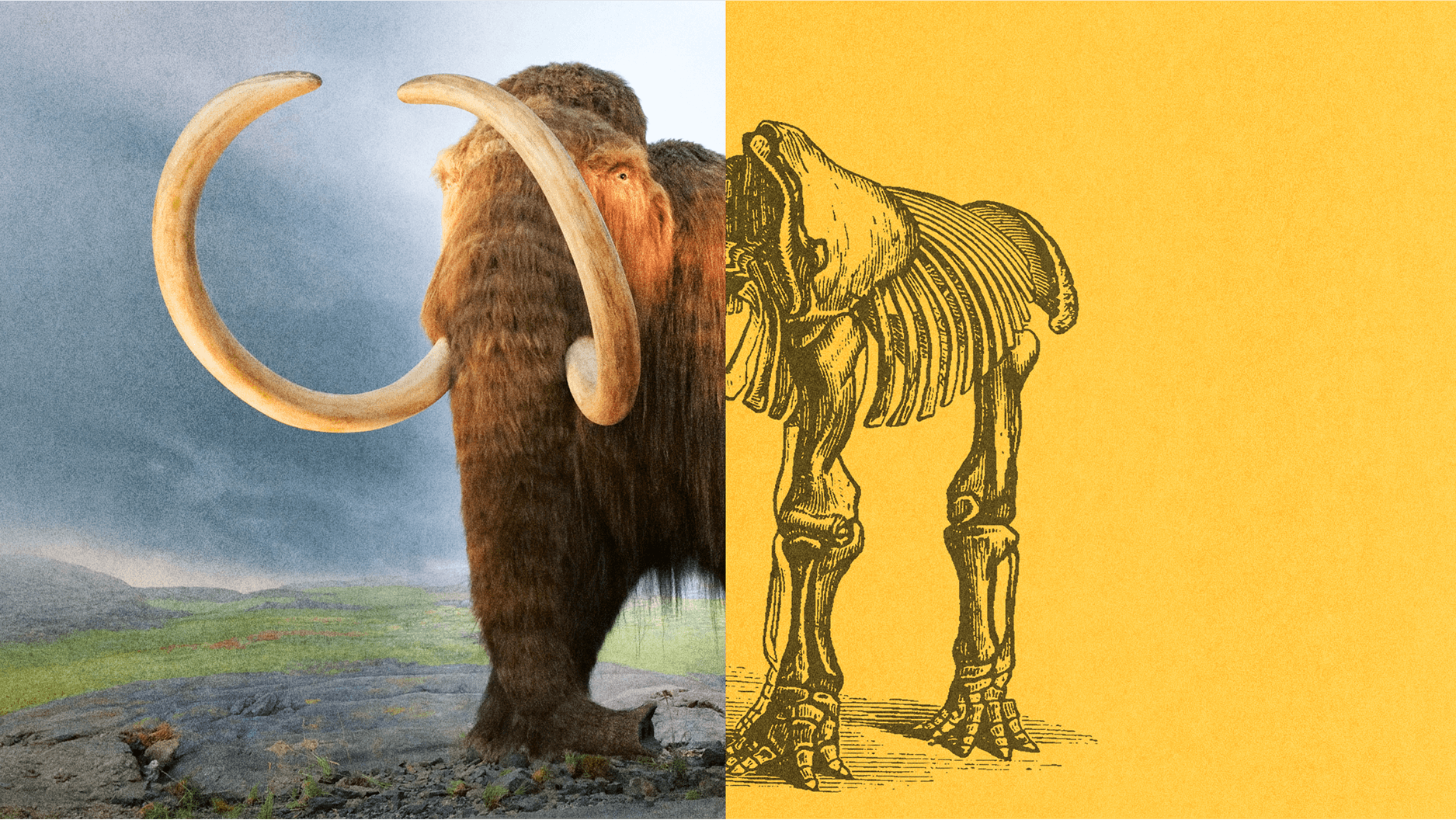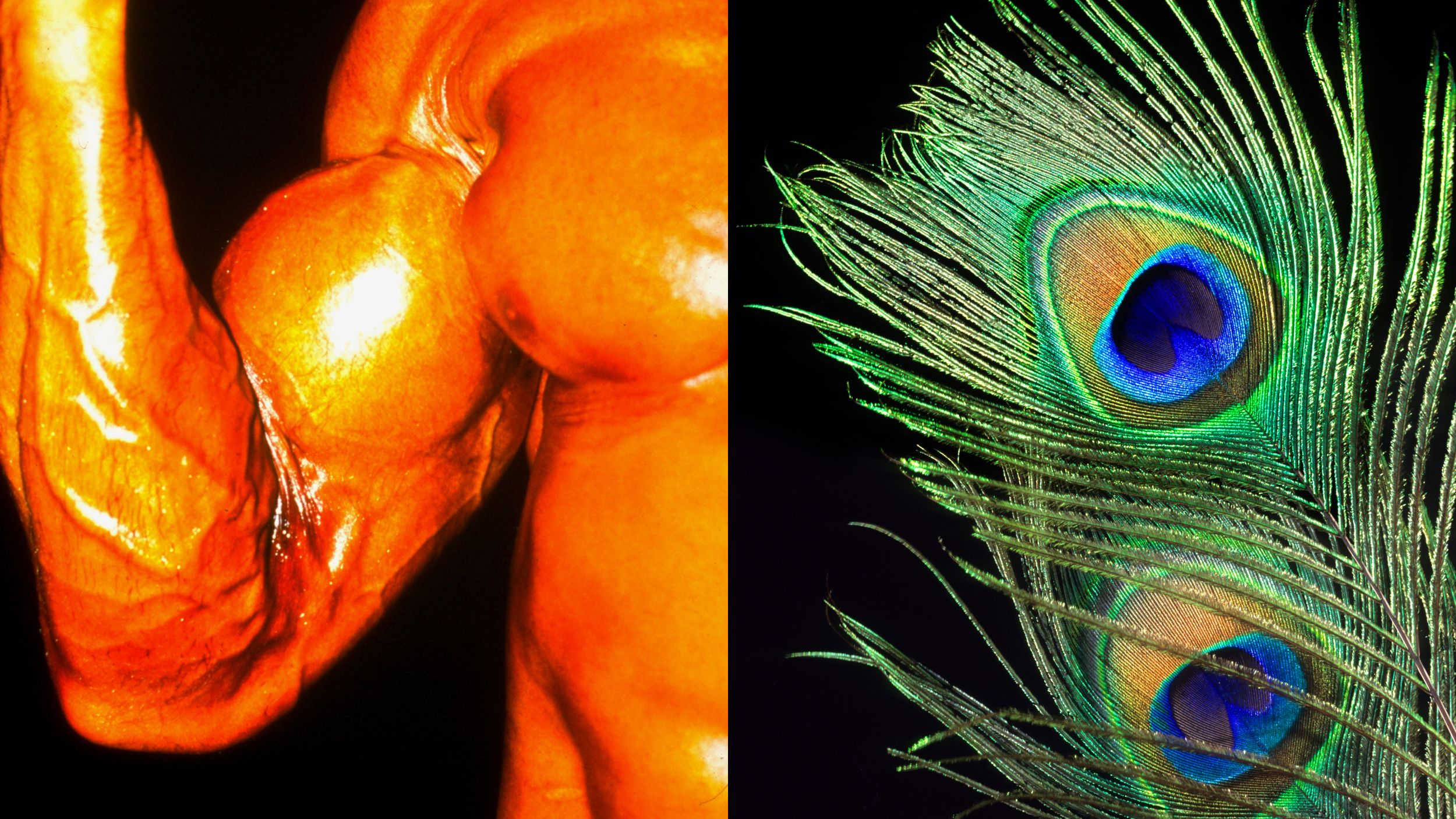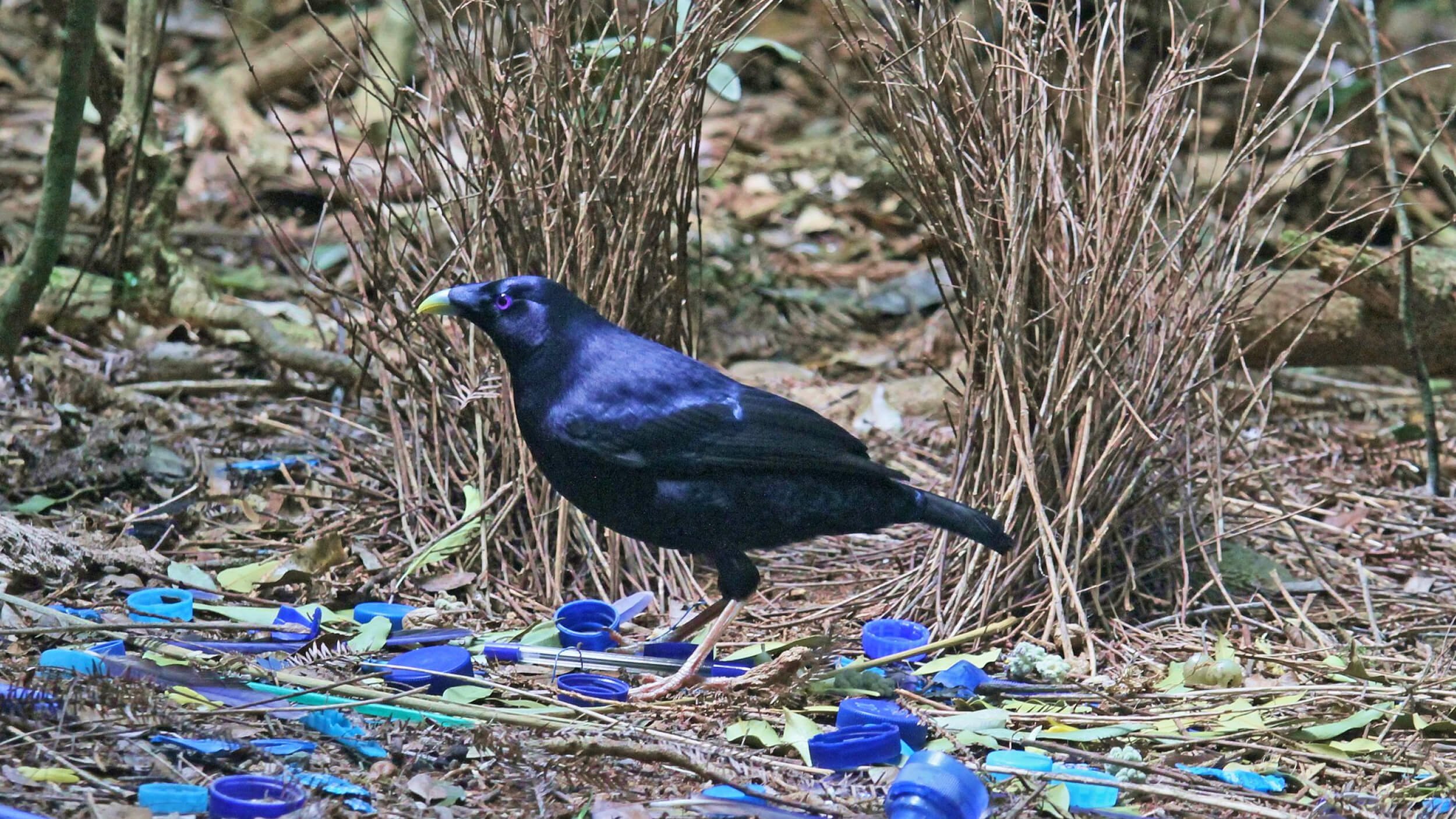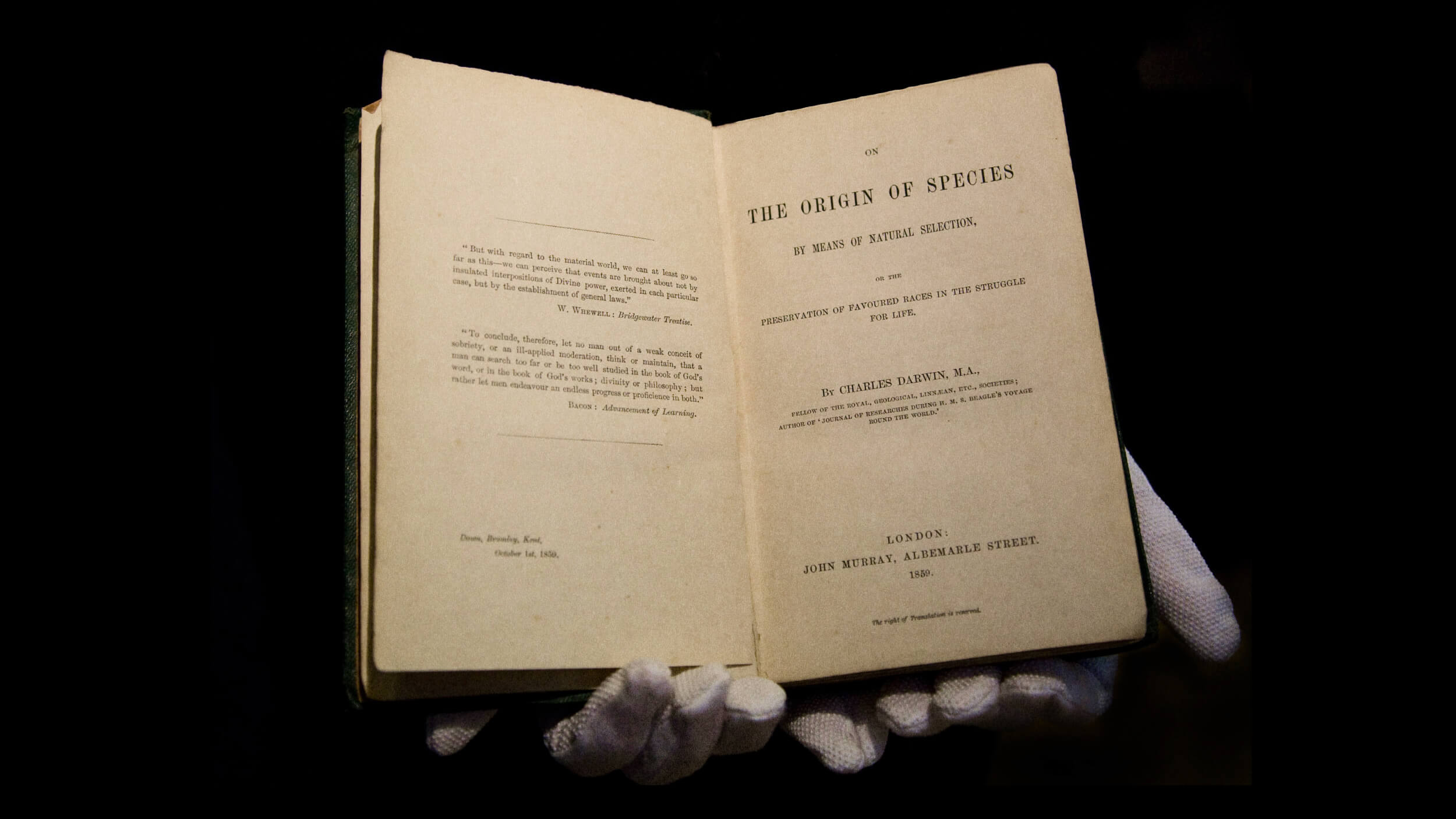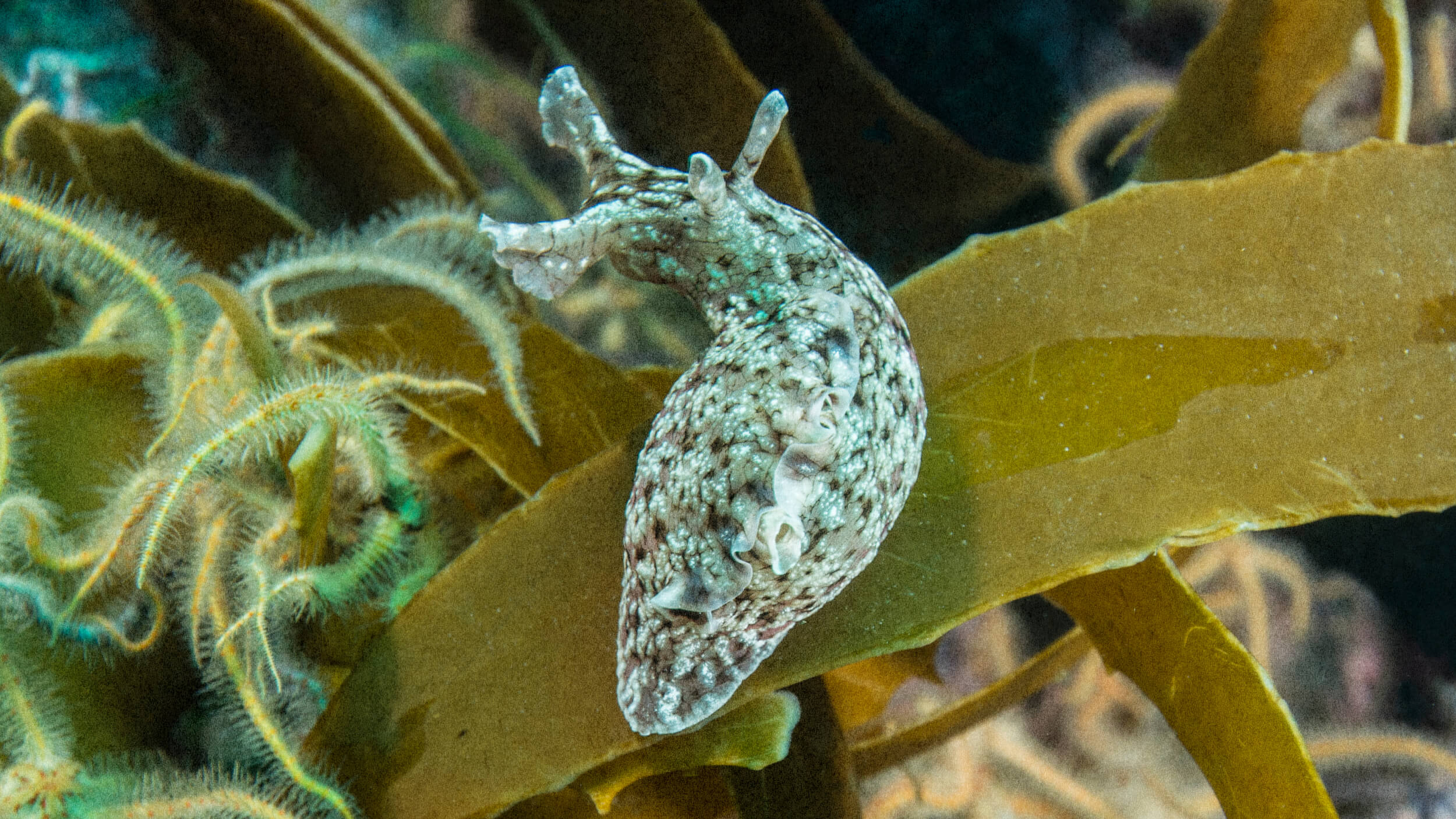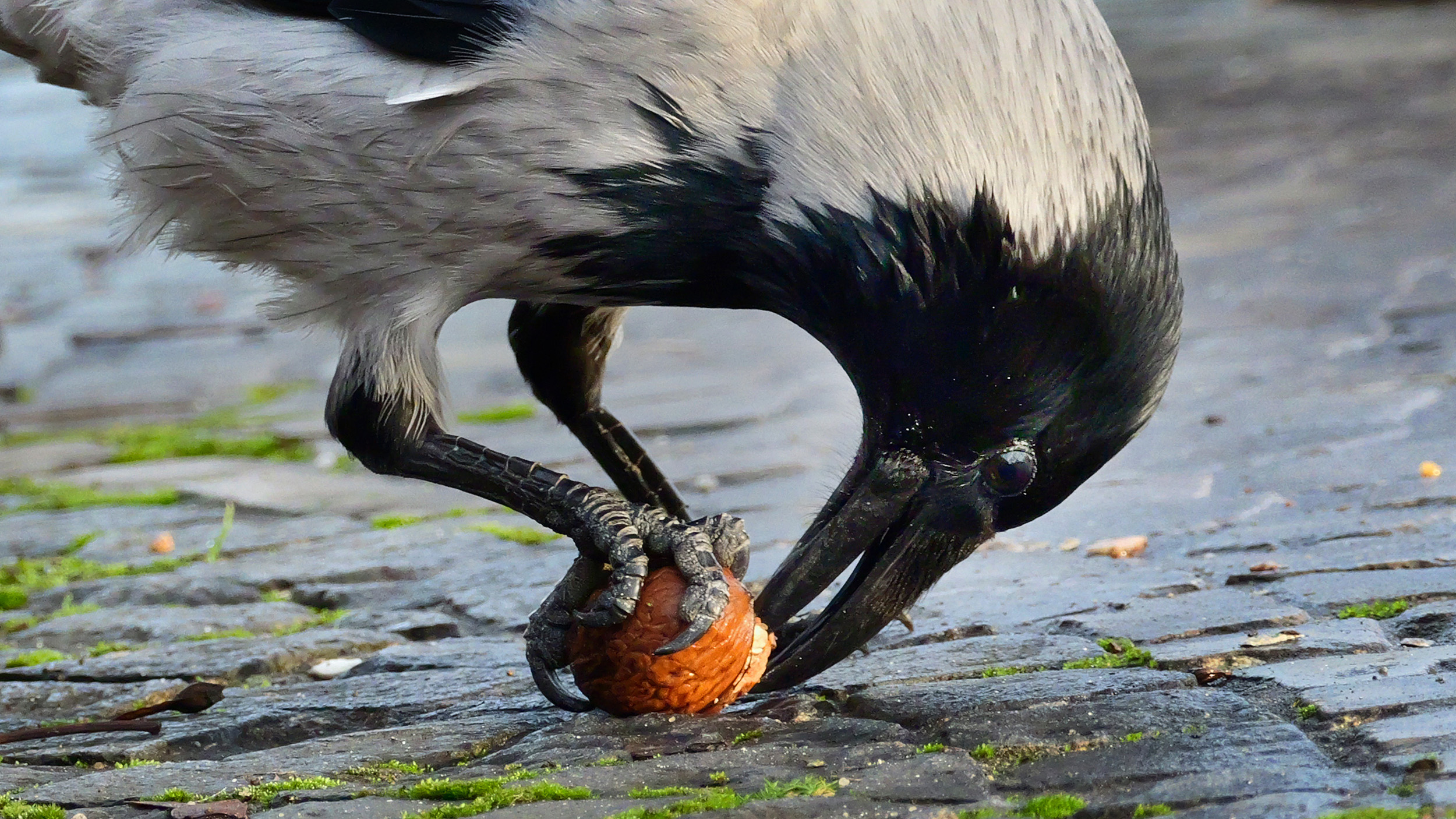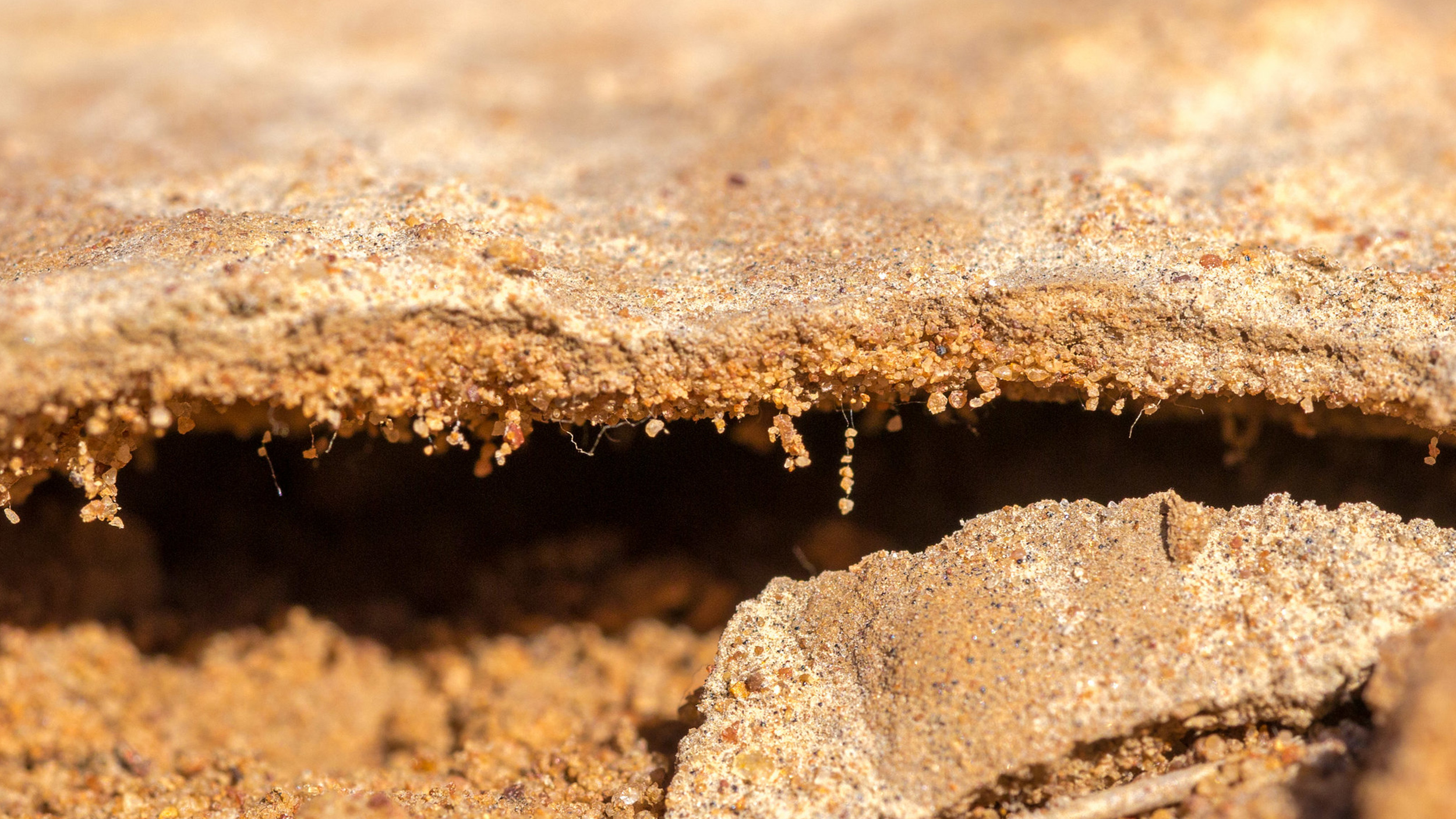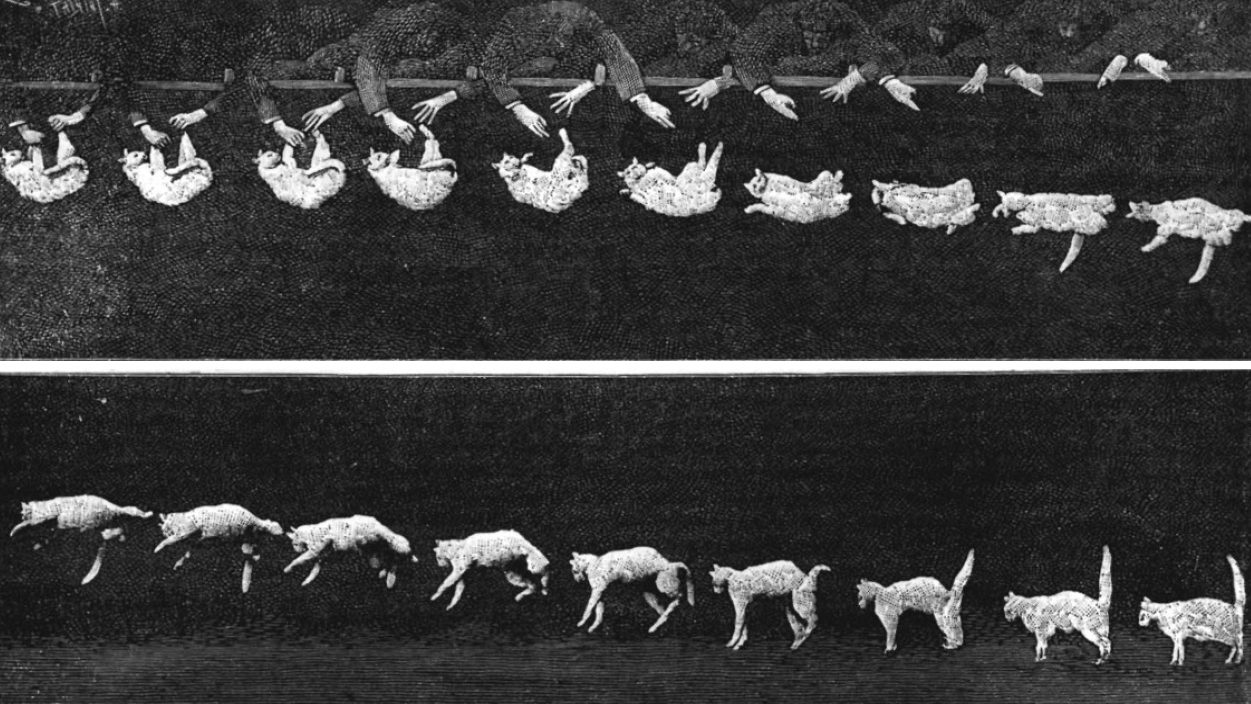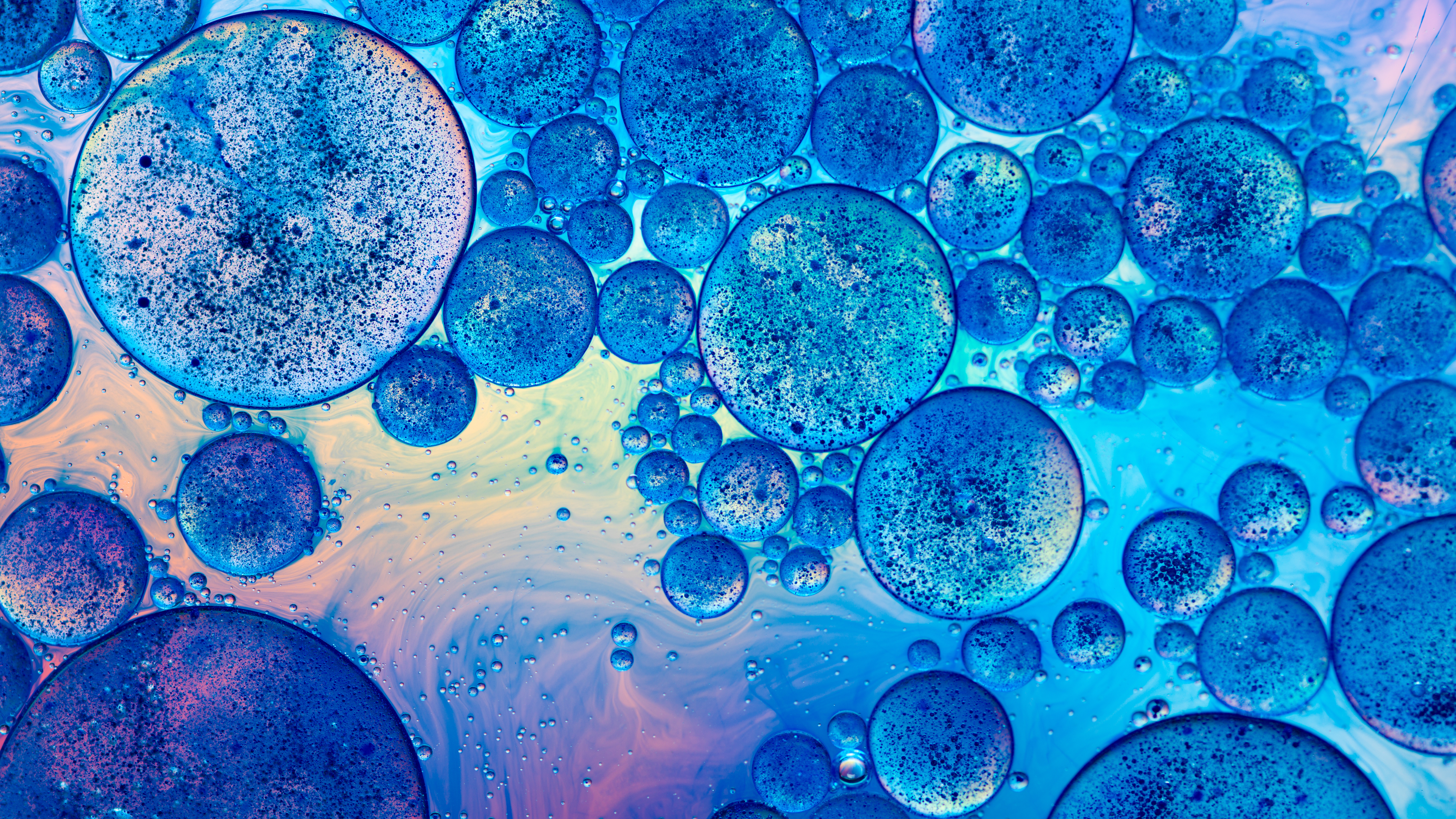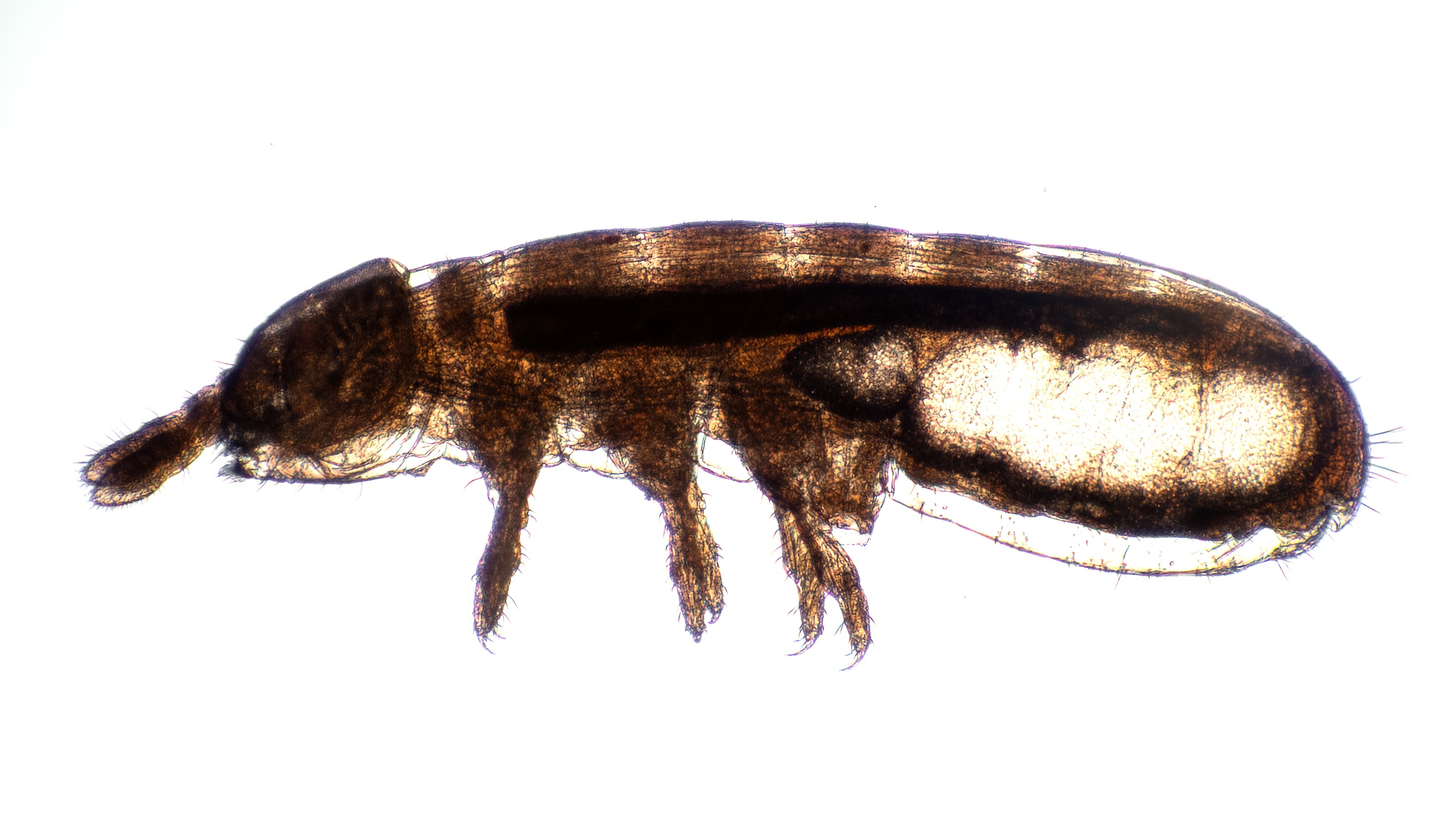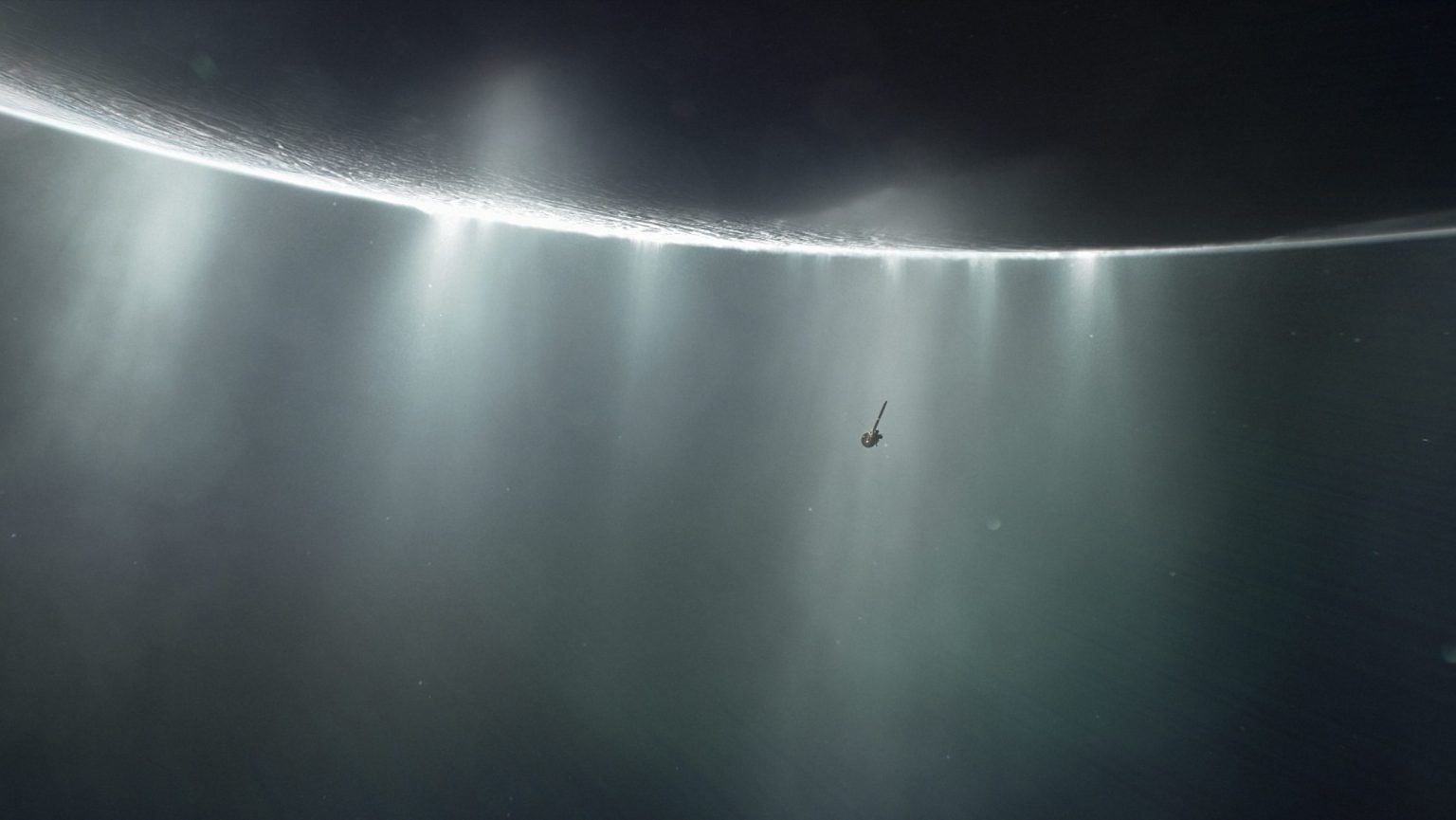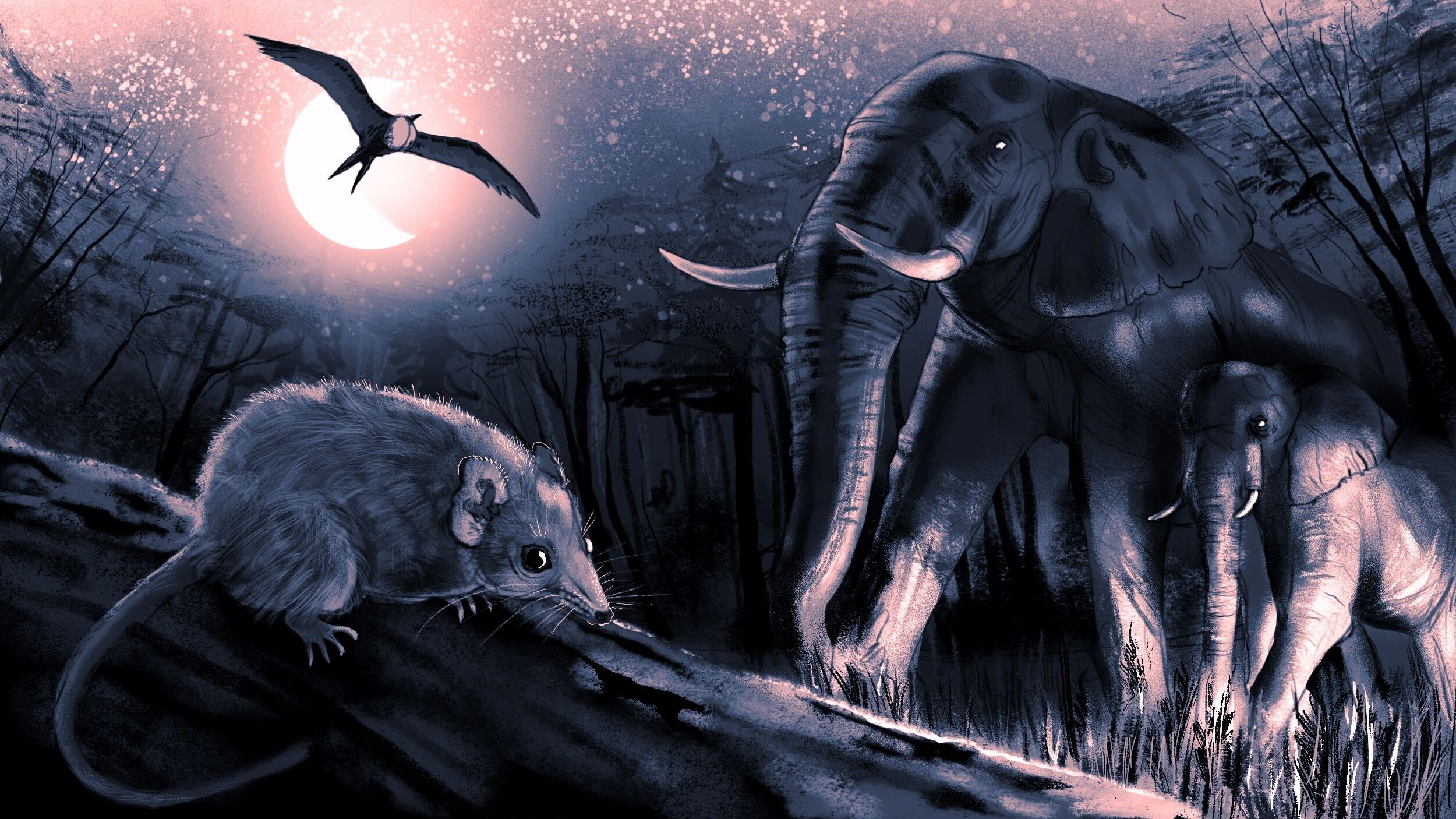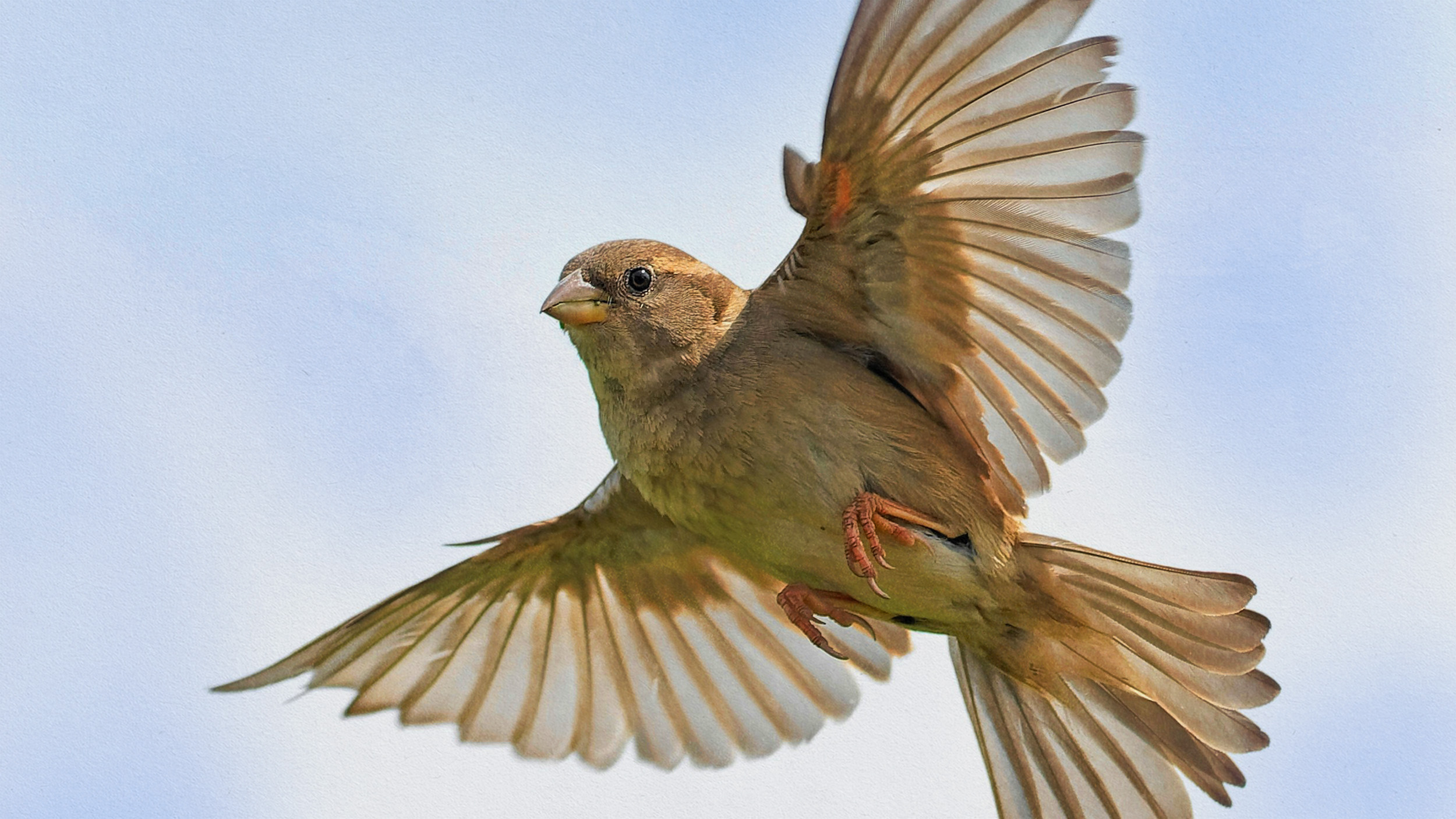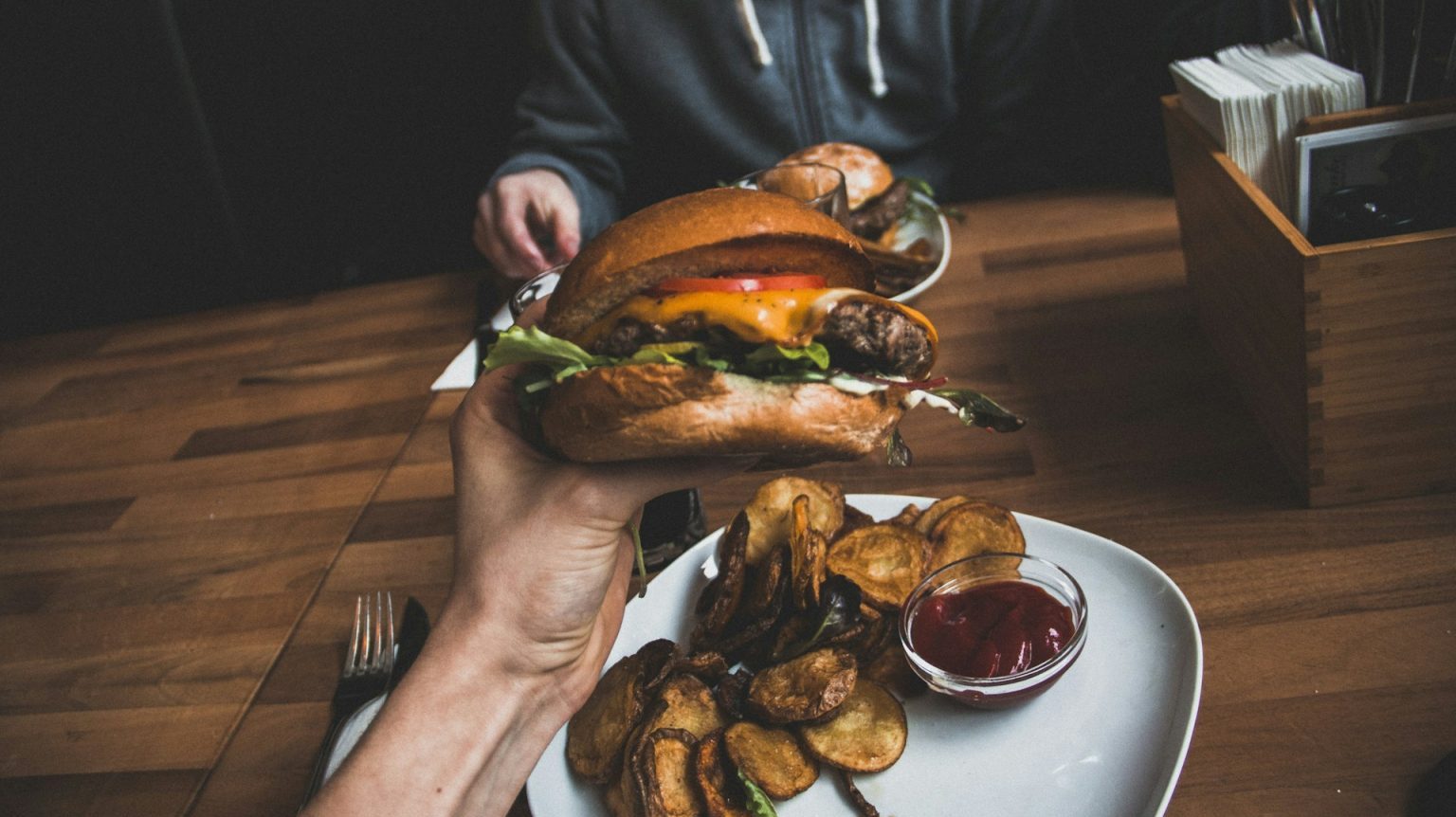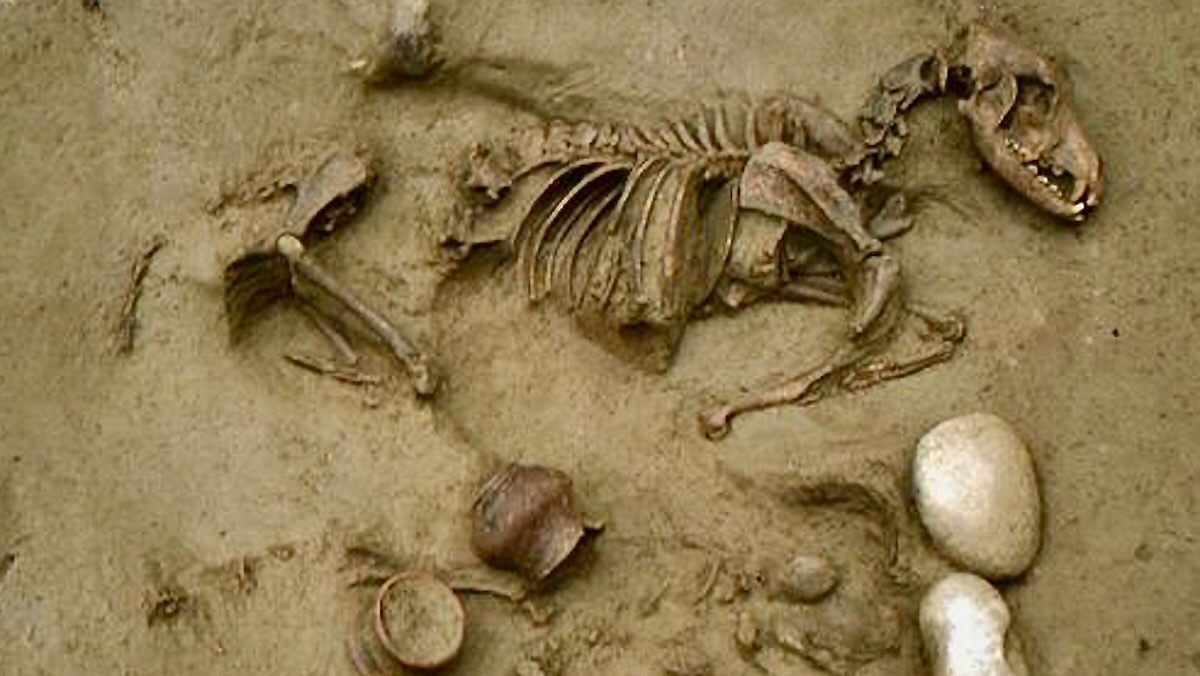animals
In this excerpt from “The Story of CO2,” Peter Brennan explains how changes in the Earth’s ecosystem led to fire, which in turn led our ancestors to become the “fire apes.”
In “The Shortest History of the Dinosaurs,” Riley Black reveals the bold mammals that thrived in the Age of Reptiles.
Dreams of resurrecting lost species didn’t start in Hollywood or Silicon Valley.
Science writer Matt Ridley joins us to discuss how “Darwin’s strangest idea” makes us all a bit feather-brained (in a good way).
In his book, “Birds, Sex and Beauty,” Matt Ridley explores why learning isn’t always nature versus nurture.
A fresh view of intelligence — spanning living systems from bacteria to human civilization — challenges the idea that it’s merely problem-solving.
These books helped build the empirical case that life’s origins differ from those described in myths and legends.
Memory takes effort, and our brains know it.
In 8,000-mile journey, a male humpback ditches Colombia for Tanzania — however, scientists don’t know why he made the trip.
Could studying the Oriental hornet lead to a treatment for people with alcohol use disorder?
Off-the-shelf consumer technology is helping people pursue their interests — and advancing science at the same time.
Scientists have created a magnificent portrait of every connection among neurons in a fruit fly’s brain.
Can laboratories become more humane, or is it time to end animal research altogether?
Differences in certain avian and mammalian proteins explain why avian influenza doesn’t (typically) infect humans.
New evidence suggests the corvid family has surprising mental abilities.
Think twice before stepping on that crunchy top layer of soil.
In “Life As No One Knows It,” Sara Imari Walker explains why the key distinction between life and other kinds of “things” is how life uses information.
It’s high time owners learned to speak their dog’s language.
Researchers are working nest by nest to limit the threat while developing better eradication methods.
Cats twist and snakes slide, exploiting and negotiating physical laws. Scientists are figuring out how.
Physicists have increasingly begun to view life as information-processing “states of matter” that require special consideration.
New tests to detect species being traded, as well as population studies, aim to help save them.
A long view of biological survival might point us to new possibilities for finding life elsewhere in the Universe.
This research team is working out how to detect extraterrestrial cells in the liquid water ocean hidden beneath Enceladus’s icy crust.
Scientists still aren’t sure how they perform without those restorative Z’s.
An excerpt from renowned neuropsychologist Nicholas Humphrey’s book “Sentience: The Invention of Consciousness.”
Driven by a childhood marked by war and environmental devastation, Dyhia Belhabib developed an innovative technology to combat illegal fishing.
Learning to decode complex communication on Earth may give us a leg up if intelligent life from space makes contact.
Beef production is largely responsible for greenhouse gas emissions from the food system.
A poignant, 2,000-year-old burial in northern Italy could be the latest evidence of an ancient friendship.


